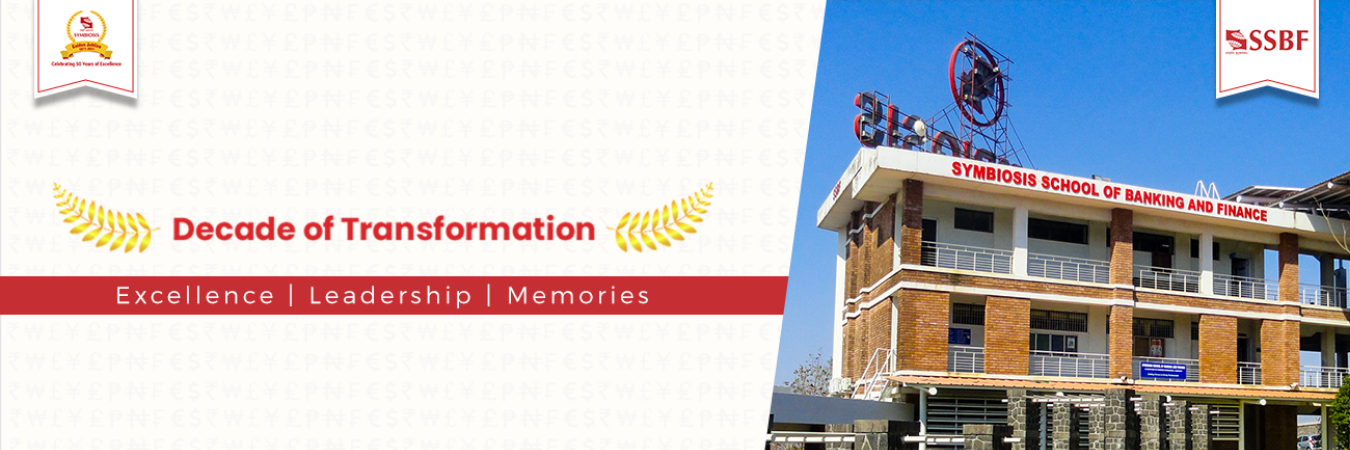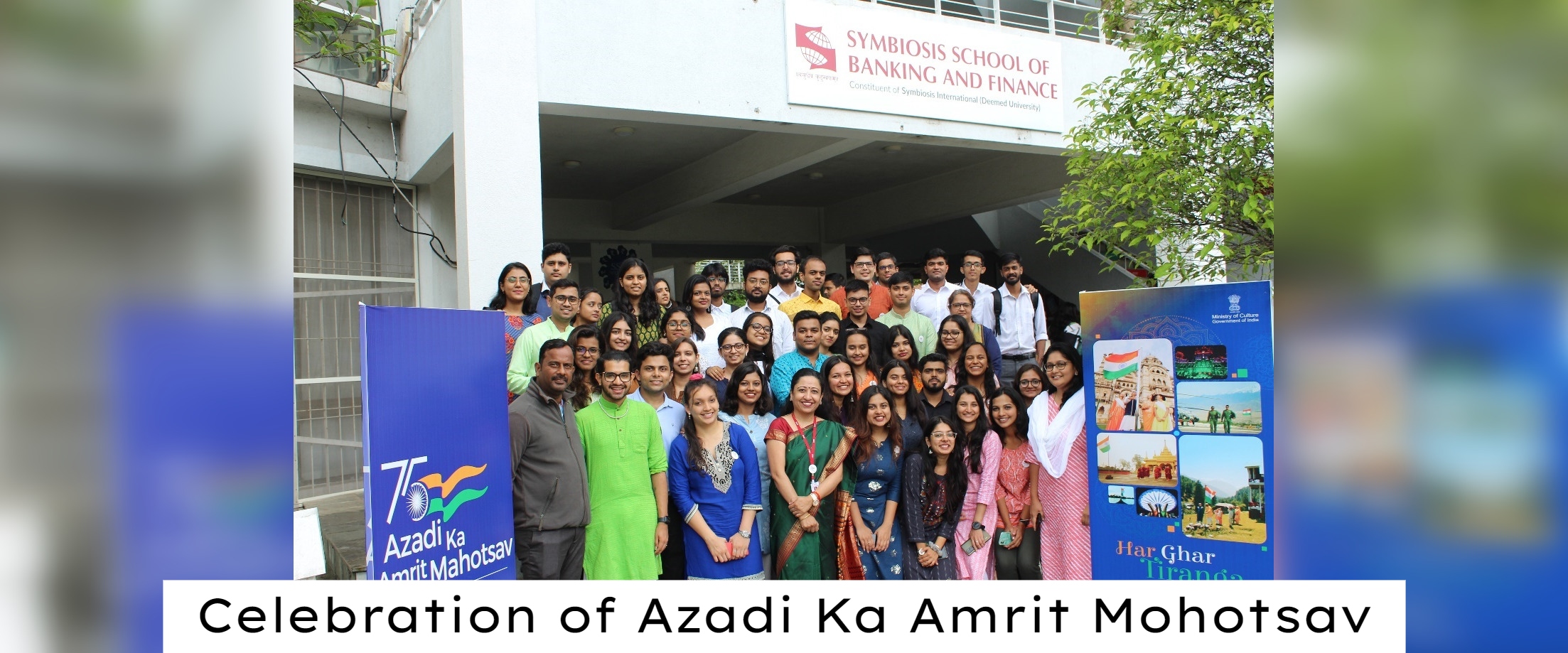Microfinance institutions (MFIs) provide small loans and other financial services to the poor. These institutions are established for helping the poor to raise income levels and to reduce poverty. Recently, MFIs are required to reduce their dependence on grants and subsidies. Consequently, they face conflicting objectives of improving reach and profitability. These can be achieved by improving productivity. This paper aims to investigate productivity change in 21 major MFIs in India which are rated by Credit Rating and Information Services of India Limited in 2014.
This paper attempts to examine total factor productivity change in 21 major Indian MFIs during the period from 2014 to 2016 using Malmquist productivity index. The inputs and outputs are selected considering objectives of outreach and financial sustainability. The authors have categorized MFIs in three categories, namely, large, medium and small, depending on asset size.
It is revealed that large MFIs are able to catch up with industry best practices by improving their systems and processes, but they need to improve scale efficiency. The Reserve Bank of India has recently initiated a policy of granting banking licenses to those financial institutions which have good outreach and are financially strong. It can be used for shortlisting MFIs before granting permission to operate as banks. The method can also be used for benchmarking them for productivity. It can also be replicated in other countries.
In India, MFIs are playing important role in economic development by providing microcredit to the poor. However, very few studies have been undertaken regarding productivity of MFIs in India. The present study intends to fill this gap. It will facilitate benchmarking of MFIs as competitive and sustainable financial institutions catering to the requirements of small borrowers.
Dilip Ambarkhane, Ardhendu Shekhar Singh, Bhama Venkataramani









